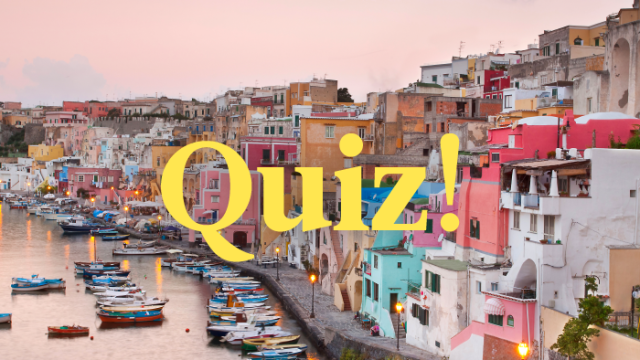So…what’s a language, anyhow? The short answer: it’s kind of hard to say. The long answer: most linguists agree that the difference between language and dialect is completely arbitrary. Language itself is a nuanced spectrum, and when it comes to determining where one language “ends” and another “begins,” it’s largely a matter of cultural and regional context.
“As a linguist, I will not engage in trying to define language and trying to define dialect, and I’m not alone in that,” said linguist Bojan Belić.
Here’s another quote from sociolinguist and Yiddish scholar Max Weinreich, which is invariably brought up whenever someone addresses this question:
“A language is a dialect with an army and a navy.”
Essentially, what this means is that there’s a whole mess of politics surrounding the question of what counts as a language or a dialect.
With that said, the gold standard for many linguists is “mutual intelligibility.” If two speakers can readily understand each other, then they’re speaking dialects of the same language.
Of course, this sounds simple enough in theory, but it’s not so cut-and-dried when put into practice.
“This often isn’t black and white, since ‘understand’ can be a hard criterion to pin down,” writes the linguist Marc Ettlinger for Slate. “There is also the notion of a dialect continuum, wherein languages A and B are mutually intelligible and languages B and C are mutually intelligible, but A and C are not. This is very characteristic of the Bantu languages in Africa, for example. So which are the languages and what are the dialects in this case? It’s not completely clear.”
This also doesn’t account for the fact that there are mutually understandable tongues that count as separate languages (like Swedish, Danish and Norwegian), and tongues that are thought of as dialects (like Mandarin, Cantonese and Taiwanese), even though it would be difficult for two speakers to have a smooth spoken exchange. “Arabic” is spoken very differently in Morocco and Jordan, but the tongues spoken in those countries are still considered variants of “Arabic” thanks to cultural cohesion in the Middle East.
So what’s this “dialect continuum” that Ettlinger speaks of? Once upon a time, there was a spectrum of dialects that varied slightly from village to village. If you went to the next village over, you’d probably have an easy enough time understanding the people there, but the farther out you went, the harder it was to converse with the people there. Eventually, a lot of these dialects disappeared, and we were left with established “languages” that, for one reason or another, managed to make it to the written page.
“People now know [Western Europe] as home to a few ‘languages’ like Portuguese, Spanish, French, and Italian, but on the ground there once was basically a smudge of countless Romance ‘dialects’ shading gradually into one another from Portugal to Italy,” writes The Atlantic‘s John McWhorter. “In each nation, the serendipities of history chose one ‘dialect’ as a standard and enshrined it on the page.”
What’s important to remember is that the majority of the world’s languages are oral traditions — much of what counts as “macrolanguages” are written and standardized, with a common literature.
So, what’s the difference between a language and a dialect, then? It’s complicated, and it’s possible for two linguists to disagree and still be right.
However, there is a standardized list of individual languages that fall under the umbrella of macrolanguages like Chinese and Arabic, which is maintained by language nonprofit SIL, and referenced by organizations like Ethnologue. This is perhaps a more correct way of referring to variants of more established tongues, because a macrolanguage is comprised of a number of related languages with many similarities, but not generally to the point that their speakers can always understand each other.
Just for fun, here’s a quiz to test your knowledge of which languages are macrolanguages, and which are not.
